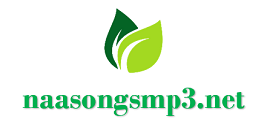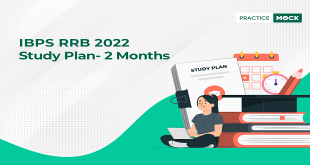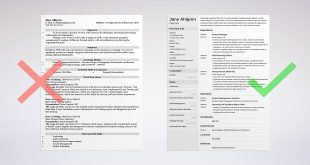We know that assessment is probably the most influential as well as involved factor to promote meaningful changes in educative communities and institutions. We see that assessment has retroactive effects on learning, teaching, curriculum content, as well as accreditation. The LMS can be helpful in the purpose of managing such data. We know that assessment practices in higher learning institutions are experiencing a period of change as well as innovation. Historically, we see that assessment programs were meant to foster curricular improvements or to demonstrate accountability for learning goals. We see that these two aspects of the assessment process are now merging to form tougher accreditation standards that ultimately guarantee educational quality as well. We see that the transference of assessment practices can be assigned to an increased demand for learning transparency as well as to the advancement of technology in the education sector. We study how these forces of change are impacting learning assessment as well. Stakeholders as we know such as companies as well as students are demanding more transparency regarding the achievement of learning outcomes as well. On one hand, we see that hiring organizations expect degrees to match the competencies students have mastered in school, thus resulting in informed hiring decisions as well. On the other hand, students need learning outcomes data to better choose universities or programs that truly meet their needs as well. We see that increased demand for transparency leads schools to collect more information about student learning as well as program goals. According to people, schools currently miss an opportunity to further provide companies as well as students with richer information when they ignore the assessment of student learning throughout the program as well. We see that schools generally focus on assessing for proficiency, as well as implementing learning assessments at the end of a program. However, we see that assessing learning throughout a program allows schools as well as students to demonstrate progression and not just achievement. We know that this progression can then be used to make informed decisions about developmental needs and learning pathways as well. We see that learning assessment will continue to evolve into a venue for schools to demonstrate educational quality as well as its resulting value to the marketplace. We see that to effectively utilize learning outcomes assessment for accreditation and student development purposes, schools must innovate and adapt to changing expectations as well. Although we see that any one of these challenges can cause logistical issues, the methods of assessing as well as grading the quizzes and tests with proper invigilation were of paramount importance. We see that the usual practice of lockdown browser was ineffective as they found that many of the students were using various methods of accessing the class including phones, tablets, PCs as well as laptops and there wasn’t time left to implement a new technology standard. When people have many discussions with my peers and program coordinators on invigilating the assessments and it was decided that we must trust the student’s integrity as well. They have utilized this technique previously as well as had to develop their quizzes with this in mind. We see that this reflective learning experience on assessments will help review the way we assess learning as well as plan on how to improve our views on how we teach the material and what can we do better going forward as well. We know that there is no doubt that assessment now, as well as going forwards, has a critical role to play in measuring the impact of the pandemic on learning – providing much-needed evidence to inform the global response to educational disruption as well. We know that currently underway, this discussion should and must form the basis of future publications offering insight into the specific challenges that have been raised by the pandemic in myriad different teaching as well as learning circumstances as well. The ERP has to be beneficial in such a case for the people as well. This suggests that the twentieth century’s focus on increasing accuracy in measurement has been replaced by attention to assessment’s ‘fitness for purpose’ as well as the impact on learning.






